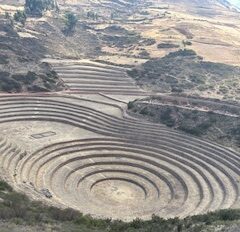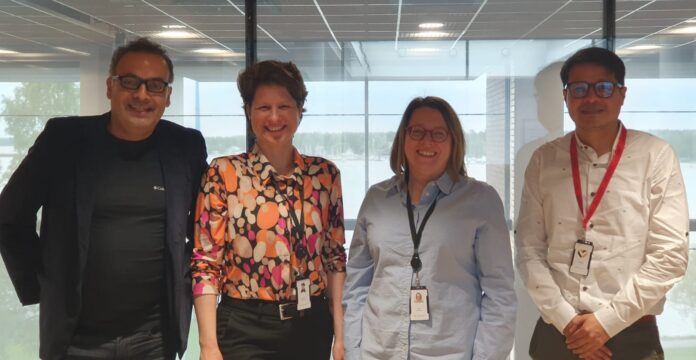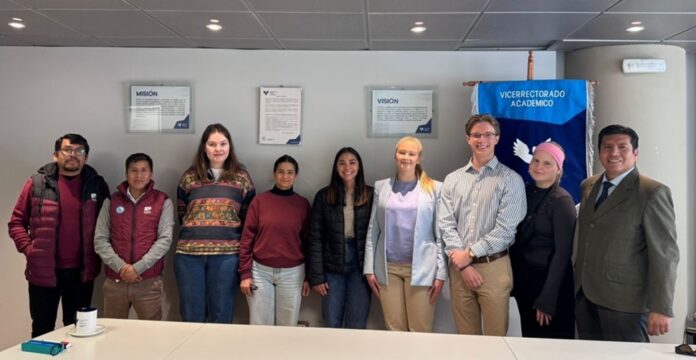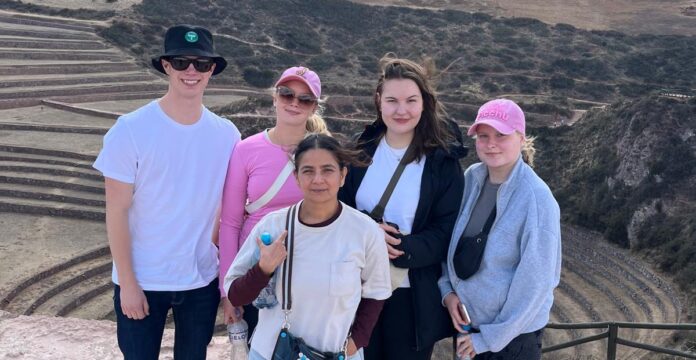Written by Rumy Narayan, Post-Doctoral Researcher at the University of Vaasa, Finland, who visited the PUCP, Peru, autumn 2024
The opportunity to travel to Peru arose through the TFK 2023 project. During the trip, as I engaged with local people and heard their stories, a new social narrative began to emerge. This narrative illuminated how communities can redefine social contracts by aligning decision-making power and accountability directly with those facing local challenges. Since it’s impossible to capture all experiences in a single post, I will focus on one that sparked particularly profound reflections.
 Our journey began with a meeting in Cusco, where we spoke with agricultural experts and technologists. They explained how they are adapting ancient Inka agricultural practices and technologies to meet modern community needs, particularly in addressing climate risks. While this approach addresses global issues, such as climate change, it is deeply rooted in local values and traditions. As they spoke, it became clear that their conceptualization of democracy and decision-making processes in implementing these practices were distinctly local, tailored to the specific needs and conditions of Peruvian communities.
Our journey began with a meeting in Cusco, where we spoke with agricultural experts and technologists. They explained how they are adapting ancient Inka agricultural practices and technologies to meet modern community needs, particularly in addressing climate risks. While this approach addresses global issues, such as climate change, it is deeply rooted in local values and traditions. As they spoke, it became clear that their conceptualization of democracy and decision-making processes in implementing these practices were distinctly local, tailored to the specific needs and conditions of Peruvian communities.
One of the Finnish students in our group raised a question about the democratic processes involved in persuading local communities to participate in these initiatives. A Peruvian scientist responded by highlighting that their approach rests on a general scientific consensus about climate threats; however, the responses are locally determined. At the heart of their democratic processes is an understanding that democracy requires participants to achieve a shared literacy on foundational issues. This consensus is cultivated through trust—a vital component, as knowledge is inherently distributed across society. No single entity can possess complete expertise, so responsibilities are allocated to those best equipped to address specific aspects. This is the foundation of the social contract that allows firms, for instance, to claim profits as they contribute to society’s well-being and stability, a concept explored in depth by researchers like Blackburn & Pelling (2018).
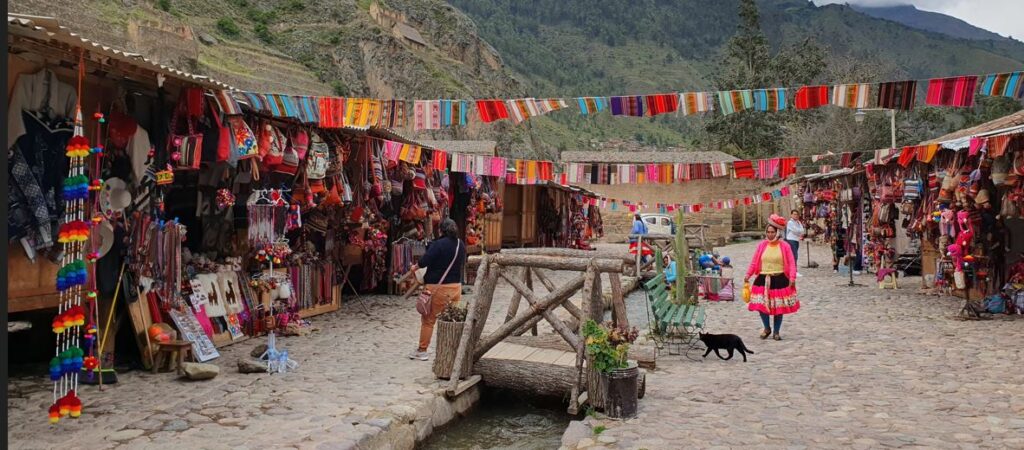
The Finnish student’s question reflects a challenge to this social contract, a signal that somewhere along the way, tacit trust in decision-making structures may be eroding. The question is rooted in the growing resistance to top-down policies globally, where individuals increasingly feel unseen and their concerns unaddressed. Perhaps the social contract that enabled industrial growth and prosperity now requires rethinking, as the effects of industrialization have brought both benefits and significant social strain. A McKinsey report on the social contract in the 21st century, for example, reveals that while employment opportunities have expanded, wage stagnation and work polarization impact roughly 500 million people across 22 countries. While discretionary goods have become more affordable, essential needs like housing, healthcare, and education consume an ever-larger share of household income, further challenging the existing social contract.
Although I don’t claim to be an expert on Peru, the local responses to shared problems provided a glimpse of what a new social contract could look like. Such a contract would integrate economic and environmental dimensions to foster a balanced approach to equity, responsibility, and resilience. By acknowledging the interconnectedness of economic stability and environmental sustainability, this evolving contract would promote governance structures that can respond adaptively to the dual challenges of climate change and economic shifts driven by technology and globalization.
This vision implies the need for multiple social contracts, tailored to reflect diverse and changing community needs, particularly around environmental risk distribution and adaptive governance. Such a contract would champion economic security, creating systems that allow individuals to meet their needs as workers, consumers, and savers without excessive individual burden. It points to a dynamic social contract that not only advances sustainable development but also builds resilience by distributing both environmental and economic responsibilities fairly across society, promoting equitable governance and long-term stability.
Acknowledgement
This visit was part of a collaborative project “Education for sustainable internationalisation of a firm (ESGinMNC)” uniting the PUCP and the University of Vaasa. The project was funded by by the Finnish National Agency of Education, TFK 2023. This project has been coordinated by Aušrinė Šilenskytė, Program manager and researcher at the University of Vaasa, Finland.
